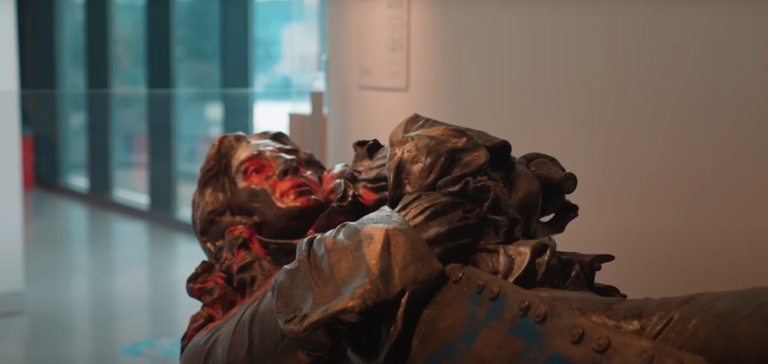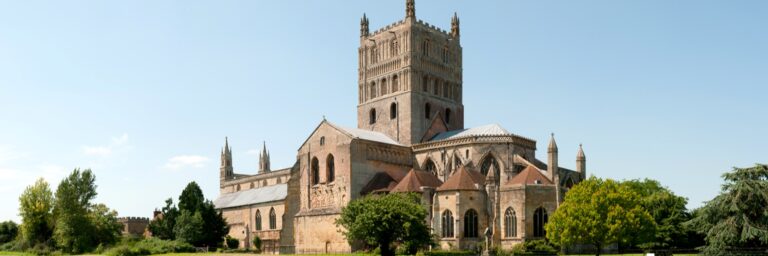| CC4HH
Lockdown Life Stories
This year, our students are working on a number of important local history projects covering the hidden lives of prominent women, exploring the experiences of lockdown, and uncovering links with slavery. All the projects will be exhibited in September as part of the ‘City Voices’ programme of the Gloucester History Festival. This post is one of five projects exploring the much more contemporary experiences of life under lockdown, and sees students applying some knowledge of oral history as a research method. The students involved are Mike Brazier and Tom Thickbroom.
The aim of our Lockdown Life Stories is to find out the impact the series of lockdowns have had on workers employed in some of the country’s key public services, such as the NHS and teaching, and the ways in which these people have overcome the issues that may have arisen during lockdown. We decided to interview four NHS workers and four teachers because these occupations could provide us with different experiences of the lockdowns. Each group has been affected by the pandemic, with NHS workers having to take on new roles due to Covid and teachers being forced to use online resources to present their classes because of school closures.
We agreed to conduct the interviews together via online calls on Microsoft Teams so that we could record the meetings and write up a transcript for future reference when we come to produce the final presentation of our project. For the interviews, we decided to ask a set of standardised questions with both professions, the only difference being that each group would be asked four ‘profession specific’ questions alongside a further four ‘general’ questions. We agreed to use a standardised set of questions for the interviews as opposed to sets of randomised questions so that every person we interview receives the same overall experience, making the interviews more straightforward to conduct, and because the answers then allow for more direct comparison when it comes to producing the final project.

We designed a consent form that all participants complete and sign before the interviews commence. The form includes the opportunity for participants to withdraw any information they don’t wish to be recorded. If they don’t feel comfortable with how their answers may be used in the future, they also have the option to withdraw completely from the project. This was done to ensure that all participants felt comfortable with all of the questions we may ask during the interview.
So far, we’ve completed four interviews. We’ve been able to complete all the interviews for those working in the NHS, so we’ve now got the recordings and the transcripts of these interviews for future use when we come to produce our final project. We still need to complete the last four interviews involving the teachers, but we’ve found it difficult to identify teachers who are able to participate in the interviews because schools reopened at the beginning of March and since then teachers have been too busy to participate in our project.

As this is the case, we’ve discussed the idea of changing our focus from teachers to shop / supermarket workers because, like NHS workers, they’ve continued to work throughout the lockdowns and they’ve been greatly affected by the pandemic. It’s likely that we’ll switch our focus to these workers if we can’t get any teachers to agree to be interviewed before the Easter Break.



